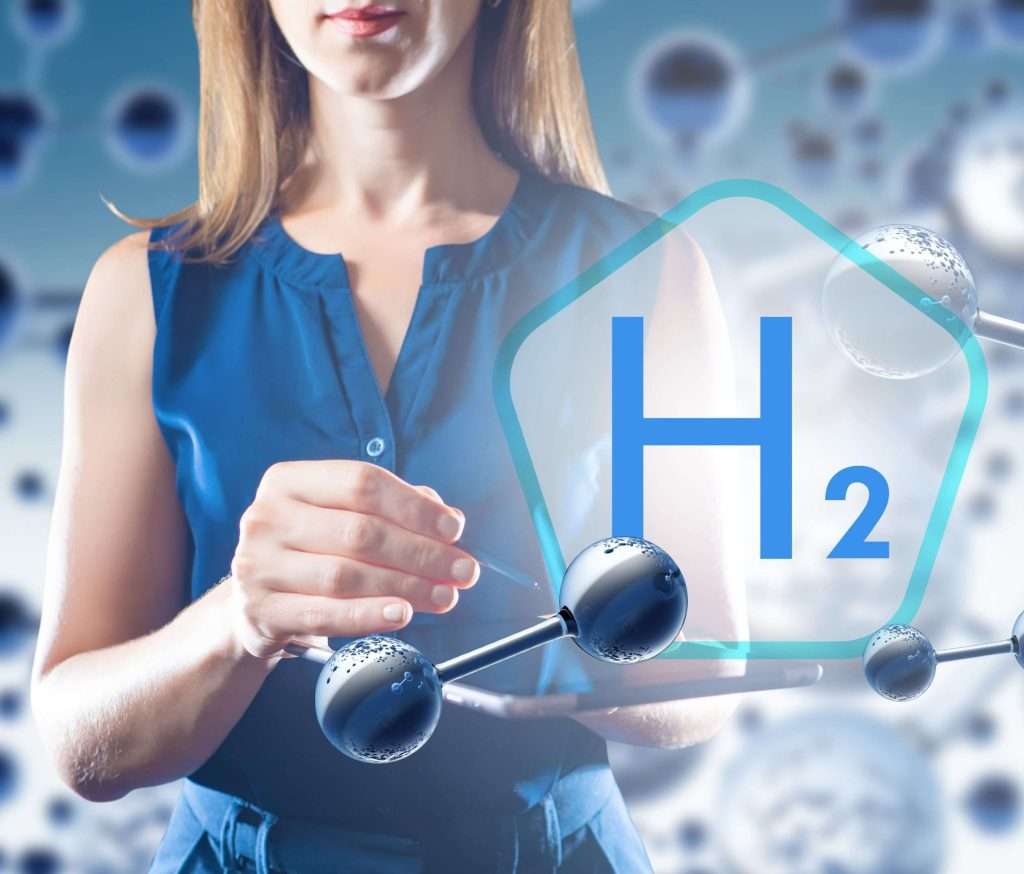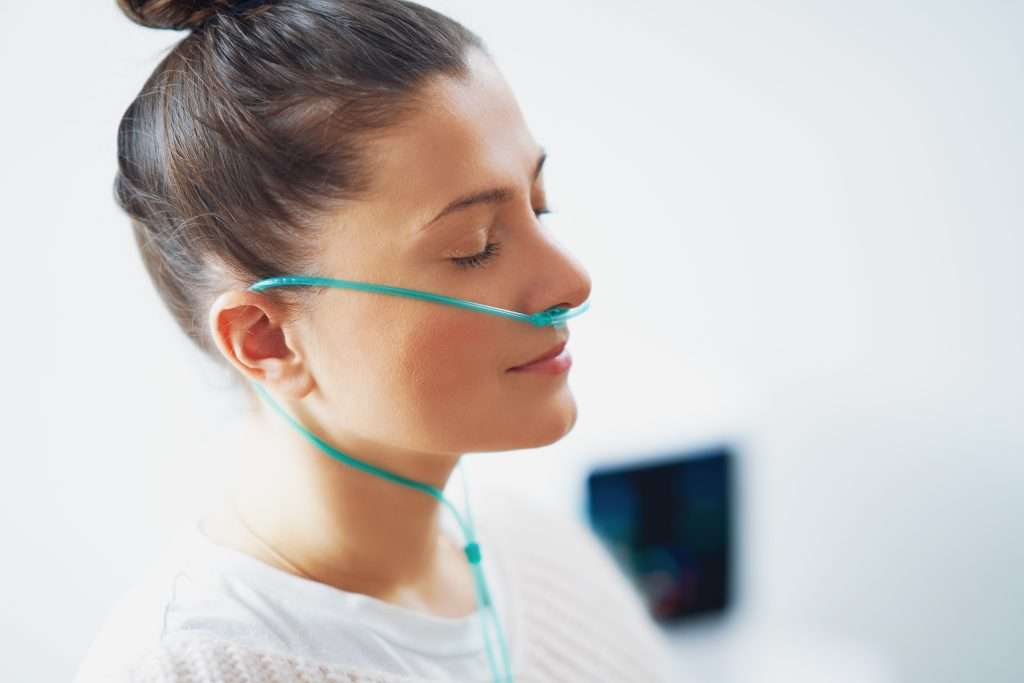No side effect has been reported in more than 40 clinical studies on the potential benefits of molecular hydrogen. There are several explanations for this result. Please read H2 Library or contact us for more information.
What is Molecular Hydrogen Therapy?
Molecular hydrogen (H₂) is the smallest, lightest molecule in the universe, with groundbreaking potential for health and wellness. Hydrogen therapy leverages H₂’s unique ability to neutralize harmful free radicals, reduce inflammation, and support cellular repair—all with no reported side effects. At Aquela, we combine cutting-edge research with practical solutions like hydrogen water sachets, clinical inhalation generators, and hydrogen bath systems.





